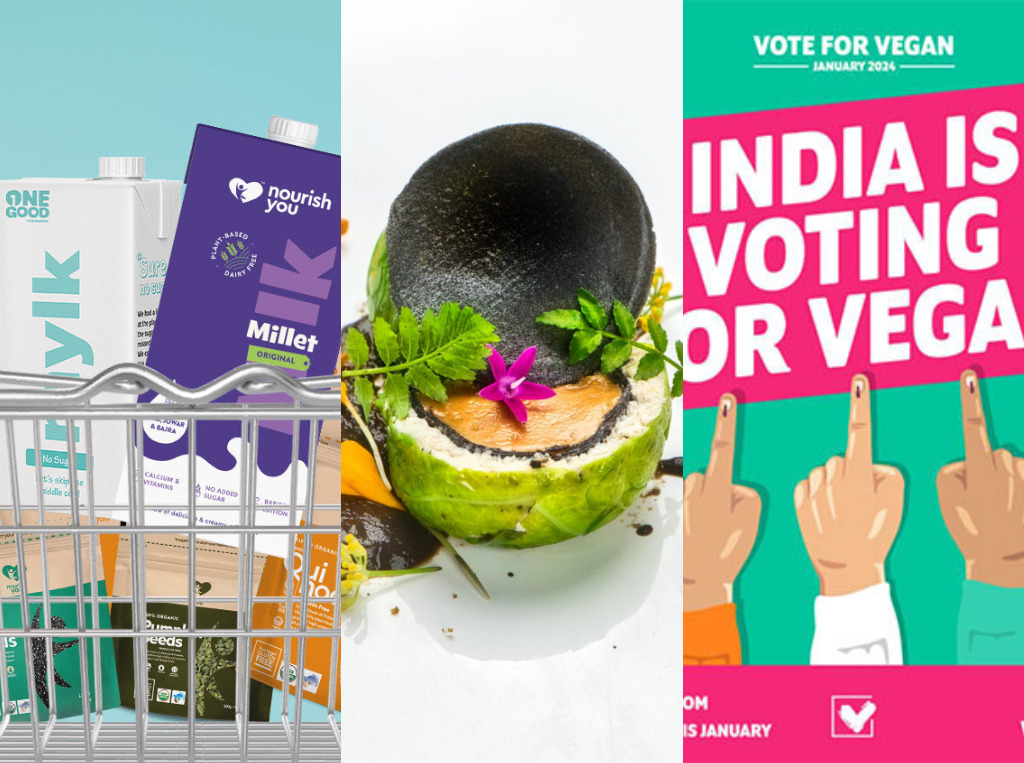
In our weekly column, we round up the latest news and developments in the alternative protein and sustainable food industry. This week, Future Food Quick Bites covers an Indian plant-based dairy acquisition, vegan surveys, and two regulatory filings for cultivated meat.
New products and launches
Legacy US vegan brand Tofurky, which has been embroiled in labelling battles, misinformation and propaganda this year, is choosing to hit back with a ‘Move over, boring’ campaign as it launches two new sausages, Chorizo and Mango Chipotle, to its lineup.
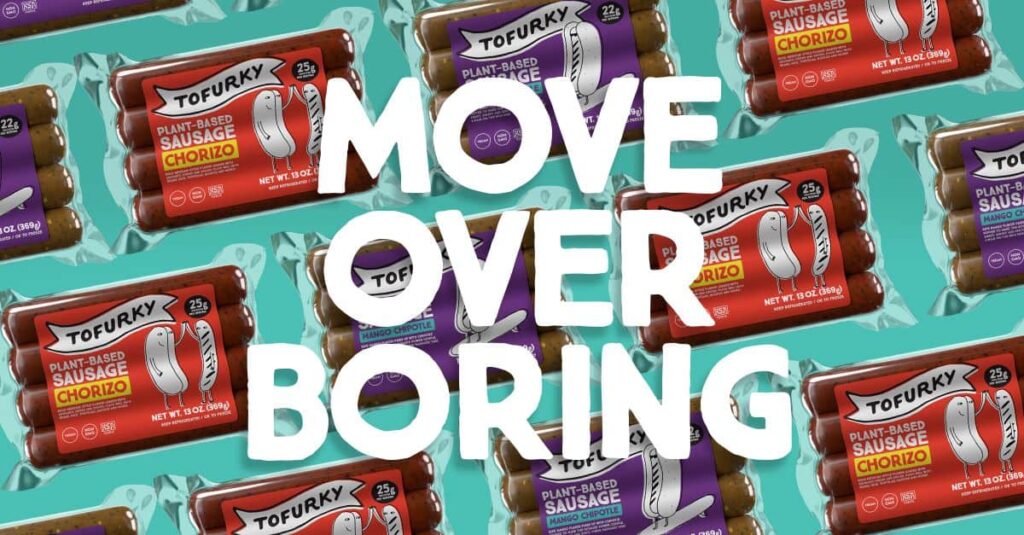
In Colorado, vegan restaurant chain Meta Burger is adding three new plant proteins to its menus across Denver and Boulder: Fable Foods’ shiitake pulled pork, Umaro Foods’ bacon, and Unreal Deli’s sliced turkey.
Another restaurant incorporating branded alt-meat onto its menu is Barcelona’s Amarre 69, which teamed up with Slovenian whole-cut specialist Juicy Marbles for a ‘Juicy 69 Experience’, with the latter’s steak being the centrepiece alongside a musical performance.
Also in Europe, UK vegan dog food brand Omni has gained a listing with Germany’s Fressnapf, the largest pet food retailer in the continent with over 1,400 stores. The former’s products will initially be available on the latter’s e-commerce website.
Plant-based seafood brand HAPPIEE!, based in Singapore, is expanding its UK presence with an Asda listing. Its shrimp SKUs (regular and breaded) can be found in the retailer’s freezers nationwide from January.
In the UK, meanwhile, BSF Enterprise (parent company of cellular agriculture startup 3D Bio-Tissues) and bioprocessor CellRev are launching a joint venture, Cultivated Meat Technologies Limited, to mass-produce cell-cultured proteins.
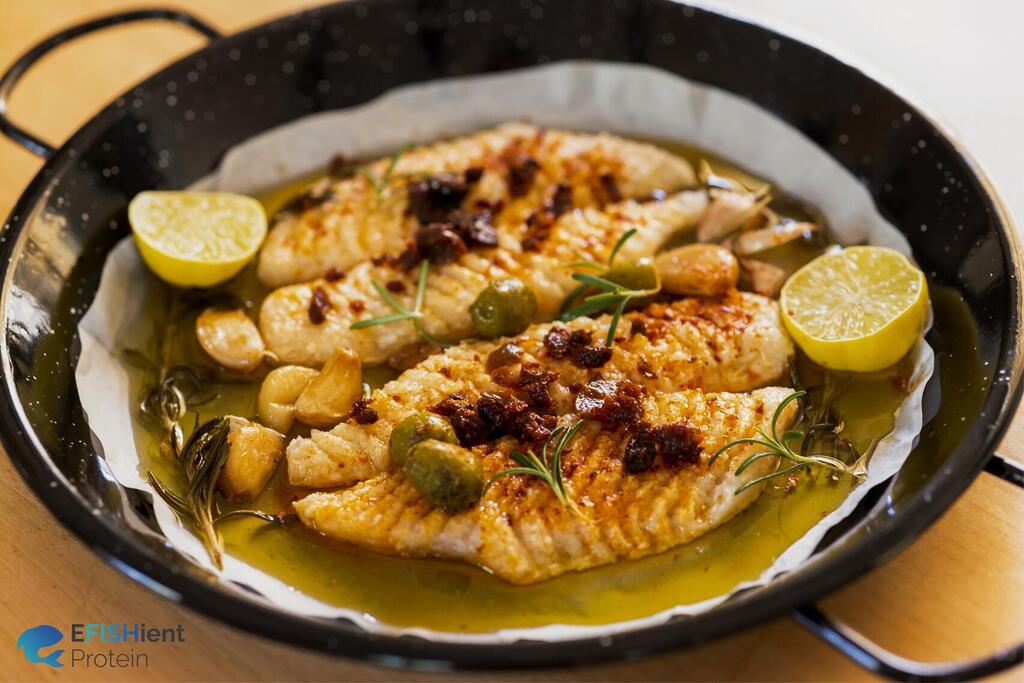
Israeli-cultivated meat producer Efishient Protein has unveiled the first prototype of its cultured layered Tilapia white fish fillet in a step that brings it closer to expediting large-scale production.
In early 2024, the foodservice sector in fellow Gulf nation UAE will see chicken, kebabs and pulled products from Swiss alt-meat maker Planted enter the market.
Further east, Singaporean specialty coffee chain Foreword has begun stocking the beanless coffee from local brand Prefer in three locations across the island state.
Moving further south, New Zealand-based EatKinda, which makes vegan ice cream from cauliflower, has secured a listing at 90 Woolworths stores, marking its large supermarket debut. It also won two awards at the 2023 NZ Food Awards for its strawberry and mint-chocolate sandwich flavours.
Speaking of big retailers, the UK’s largest, Tesco, is prepping a new private-label vegan brand, Root & Soul. It has filed a trademark application for the name, months after it unveiled its Finest Signature Vegetables ready meal range.
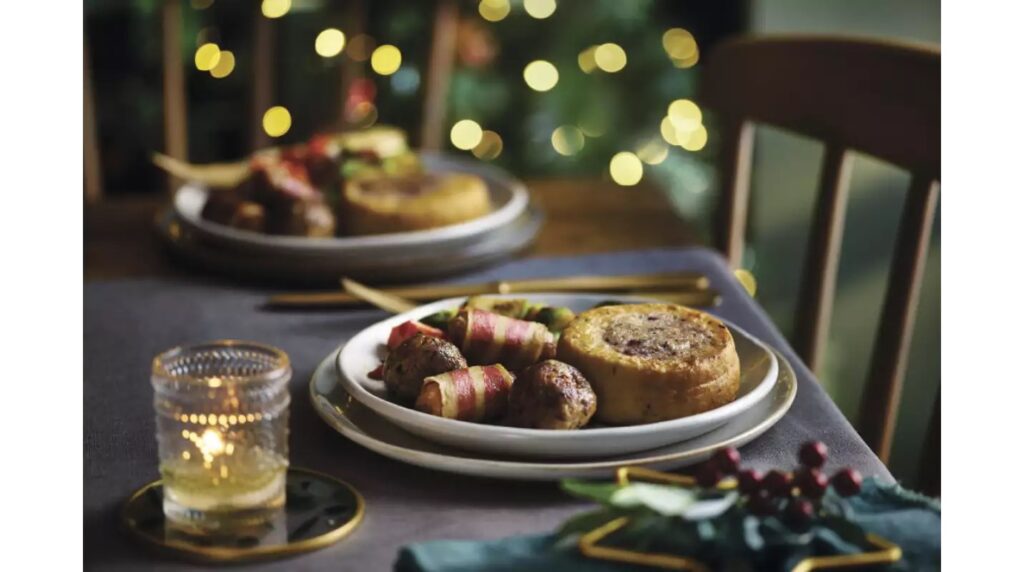
And yet another UK supermarket, Asda, is releasing a vegan turkey with trimmings for £3.50 this Christmas, after a poll it conducted revealed that 29% of Brits don’t know what to serve vegans for Yule dinner, and 75% of vegans themselves feel the need to bring their own dish.
Policy and research
Indians are looking forward to Veganuary, if you’re to believe the 59% of citizens that told YouGov they’re strongly likely to consider a vegan diet in the near future (the survey covered 2,033 participants). 74% believe it’s good for their health, with gut health being cited by 60%. This comes ahead of what’s expected to be another record-breaking Veganuary.
In New Zealand, though, a huge study (with over 23,000 respondents) has found that only 0.74% of the country is truly vegan, with vegetarianism not much more prevalent at just 2.04%. On the other end of the spectrum, 93% eat red meat.
So it’s probably a good thing that New Zealand and Australia’s joint regulator has greenlit Sydney-based cultivated seafood producer Vow Foods‘ cultured quail as safe to eat, which means it will now undergo a six-week public consultation process.
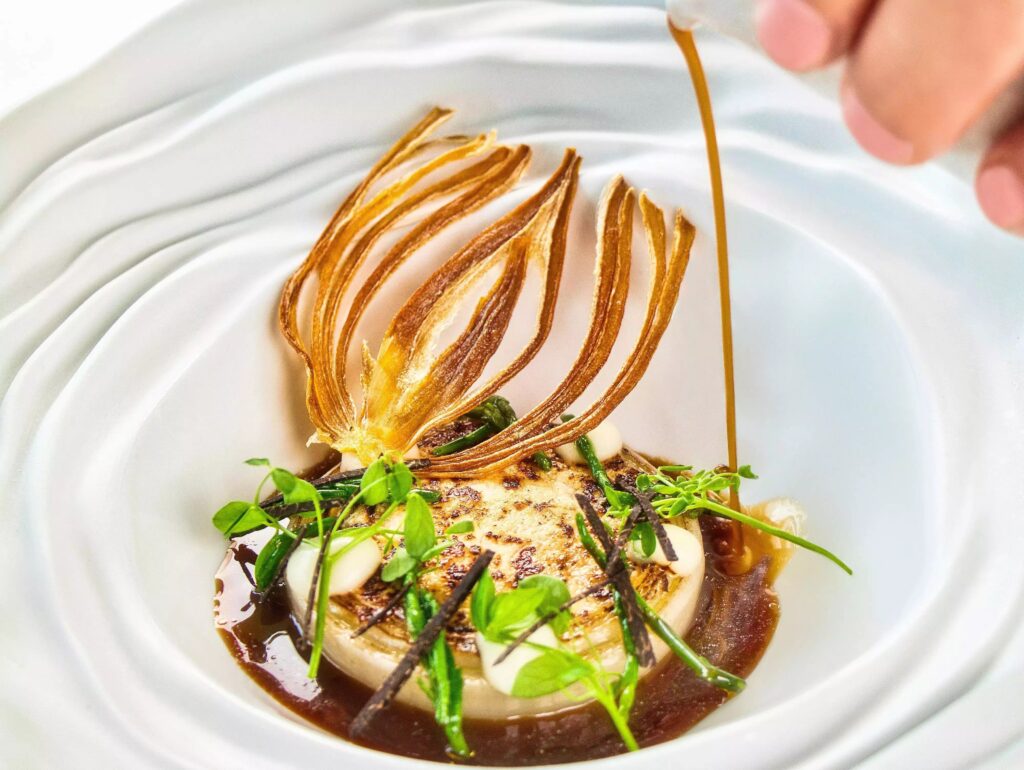
Similarly, Singapore’s regulator has received an application from French company Vital Meat. The country was famously the first ever to approve culture meat for sale (with Eat Just in 2020), and now will deliberate over Vital Meat’s chicken, which is expected to enter foodservice next year.
Meanwhile, in Norway, fish oil manufacturer GC Rieber VivoMega has received a V-Label certification for its new range of vegan omega-3 concentrates made from microalgae.
In Poland, things are going a little backwards, with the meat lobby submitting draft legislation looking to ban meat-related terms on the product labels of plant-based alternatives to help consumers “make an informed choice”. What’s worse, people who wanted to consult or comment on it were given 24 hours.
These fears likely come from surveys like the one conducted by the University of Southern California, covering over 7,000 participants, which found that people are more likely to choose vegan food when it isn’t labelled that way – only 20% chose a food gift basket with vegan food labelled ‘vegan’, while 27% did so for ‘plant-based’. In contrast, 44% chose the same set labelled as ‘healthy and sustainable’.
Another campus, the University of California, Berkeley has committed to make 50% of its entrées in campus dining vegan by 2027, inviting the university’s 20 other campuses to join this effort too.
UC Berkeley also linked up with flavour and fragrance house Givaudan for the fifth edition of their annual alt-protein pathways report, highlighting 10 clear actions to address industry issues regarding supply chains, resource consumption, scale-up and costs.
Finance and markets
Things are shaking up in India. Plant-based dairy leader One Good – which makes alternatives to milks, butters, curd, ghee and more – has been acquired by vegan superfood company Nourish You.
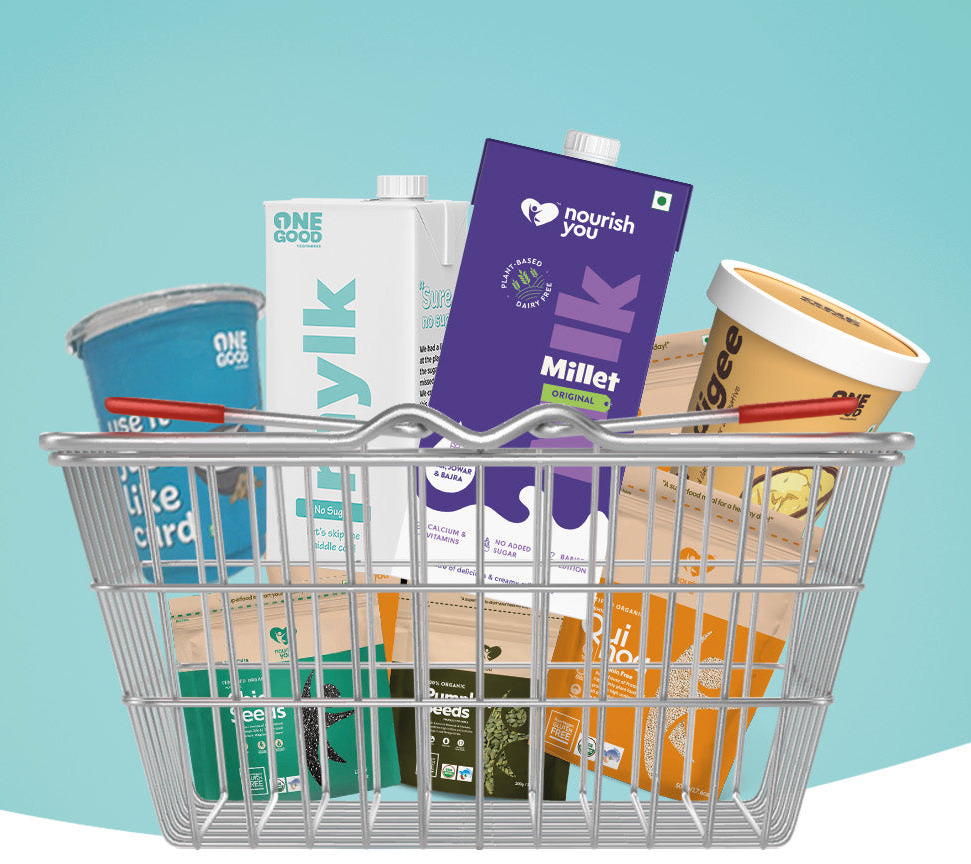
Meanwhile, Lima-based Peruvian Veef has raised $400,000 in pre-seed funding to strengthen its goal to become the country’s leading alt-protein producer by 2024.
In the US, Boston-based Tender Food received a Small Business Innovation Research Phase II grant from the National Science Foundation, with nearly $1M injected to produce whole-cut plant-based meat and explore how cultivated meat cells can be added to make an enhanced hybrid product.
US brand PlantBaby – maker of nut- and seed-based Kiki Milk for children – which is celebrating its third anniversary, has announced that it has doubled its annual revenue, making $6M in the first two years.
Similarly, UK meal kit company Gousto has revealed that the number of orders for meatless recipes has doubled over the last four years, accounting for 23% of total orders.
Fellow recipe kit deliverer Hello Fresh has found that the number of vegan orders quadrupled this year in its leading market of Germany, while flexitarian diets have grown significantly on its platform. It predicts a growing demand for plant protein heading into 2024.
Things will be helped by the predicted expansion of the pea fibre market, which is expected to grow by 7.8% annually to reach $50.8B in 2024. A separate report shows that the reduced volume of pea protein ingredients from China will see prices fall for European manufacturers.
Manufacturing and workforce developments
At COP28, US cultured seafood producer BlueNalu announced that it has welcomed Saudi Arabia’s Prince Khaled bin Alwaleed to its corporate advisory board, who has been “an avid supporter” since the beginning.
Fermented fungi protein maker Nature’s Fynd also bolstered its leadership team, adding Wendy Behr as chief product officer, Christine Rogers-Raetsch as chief people office, and Jaime Frye as senior VP of sales.
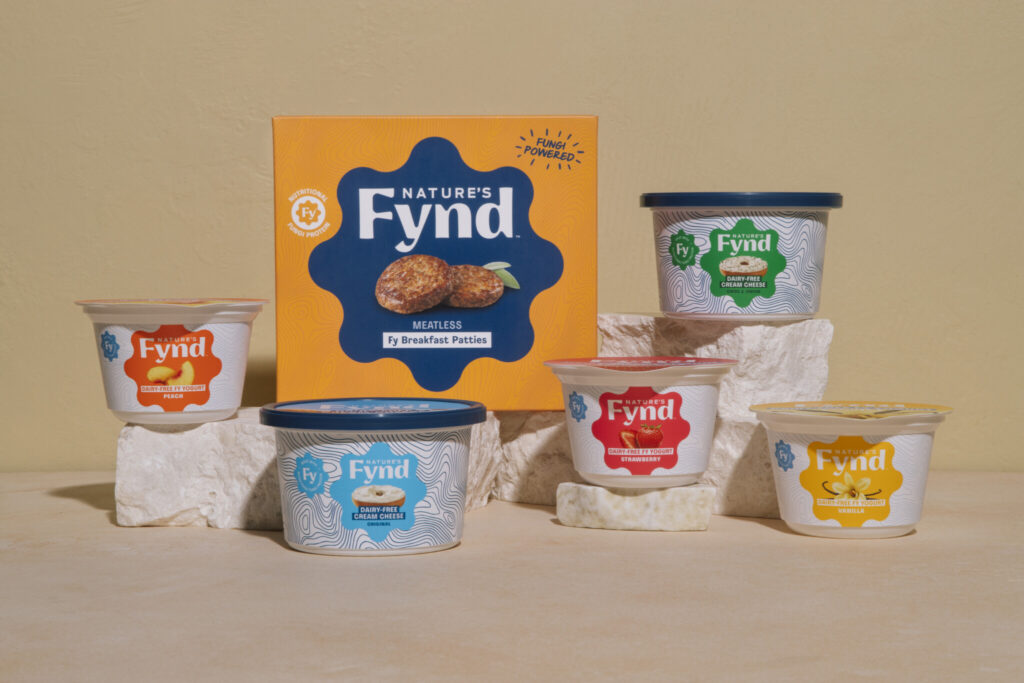
Fellow US producer Shiru, a biotech plant-based ingredient developer, has cut its entire Automation team as part of a round of layoffs.
Finally, French legume company Intact has broken ground on a new low-carbon fermentation facility in Baule in the Loiret region, which will transform peas and other legumes into plant proteins for various applications.
Check out last week’s Future Food Quick Bites.
The post Future Food Quick Bites: A Juicy 69, Plant Polls & Cultured Meat Regulatory Filings appeared first on Green Queen.
This post was originally published on Green Queen.